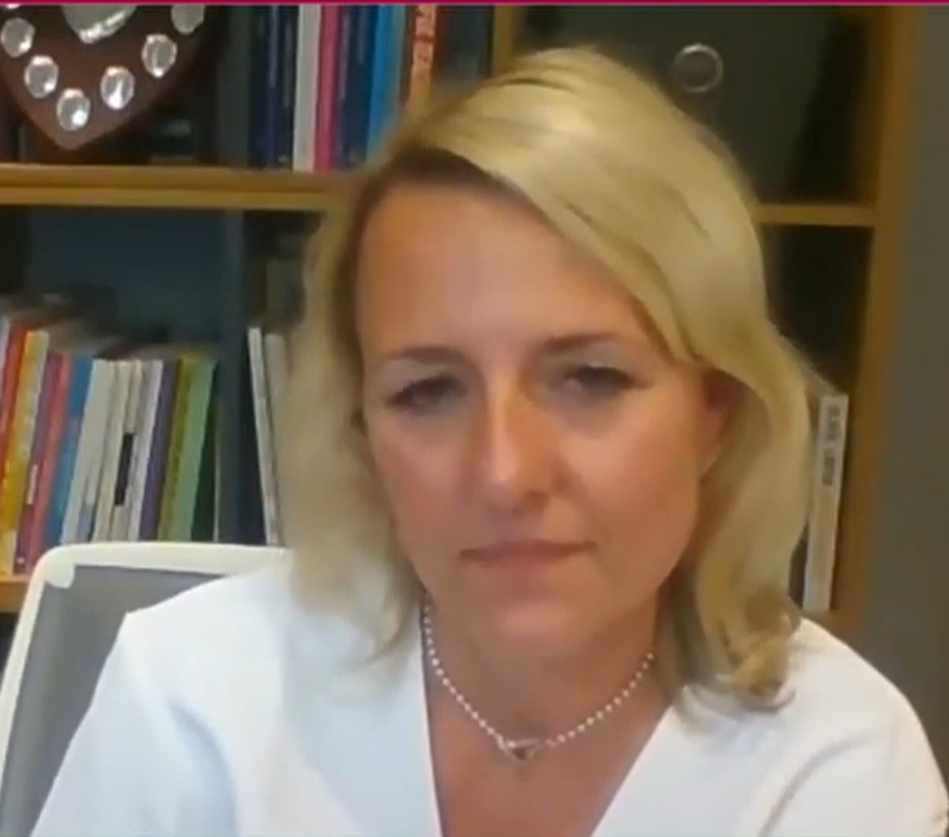For this episode, special guest Jim Knight joins hosts Tom Sherrington and Emma Turner to discuss his research and experience in professional development. The conversation focuses on instructional coaching, teacher professional learning, and recent research to improve teaching and learning.
Jim is a prolific writer, researcher, and leader in the world of education. As Tom points out, he has more books on his shelf by Jim Knight than any other thought leader in the education world. Jim points out how he is constantly conscious of his limitations, focusing on the areas that he can apply his expertise in the space. He also notes that much of his success in the space is a product of collaboration with the amazing educators and experts he’s worked with over his career.
Professional Learning Strategies for Future Success
In part one of this episode, the group discusses the differences between two of Jim’s books: The Impact Cycle and Seven Factors for Success. As Jim explores, his most recent book, Seven Factors for Success, focuses on a much more broad context for becoming a successful professional learner and instructional coach in the education world. In putting together this book, Jim wanted to make a comprehensive resource that is applicable to all teachers.
The first half of the book focuses on anyone who wants to be a successful professional learner. Jim explores concepts like self-awareness, leadership, thoughtfulness, and many other concepts that could help anyone, not just educators. In the second half of the book, Jim shares his Impact Cycle-how to collect data and strategically improve teaching and learning through coaching.
What is an Instructional Coach?
Throughout the beginning of the conversation, it is clear that Jim’s focus has led to some monumental additions to the world of professional learning. Jim’s work has had a particular impact on educators and the way they teach. In the United States, at least, Jim’s work to make “Instructional Coach” or “Professional Developer” a full-time job has revolutionized the way we train teachers.
Jim explores different kinds of coaching. The most familiar for most people is a facilitation coach- someone who is going to lead a dialogue around professional development in order to increase excitement and energy and have participants go back to their day-to-day with new and exciting ideas. These sessions can be useful.
The ‘directive approach,’ as Jim calls it, has a place in education. He believes it is particularly effective when teachers are showing negative behaviors, IE, microaggressive behavior, negative talk, toxic habits, etc. Directive intervention can help when someone is being unprofessional. However, when you are trying to implement new and transformational practices, Jim’s framework makes professional development more effective and collaborative.
Effective Coaches Create Effective Professional Development
Jim sees effective professional development inversely from how most coaching is done in schools. In most teacher training, an expert comes in and collaborates with teachers to learn a particular skill or framework. Teachers are then expected to implement it on their own. In most cases, this does not lead to long-lasting change and development. Jim believes that there should be a more collaborative discussion on the overall goal of education. Once that goal is discovered and shared, experts should facilitate the everyday implementation in the classroom.
Factors of Effective Instructional Coaching
In the second part of the episode, the trio discusses the challenges, strategies, and realities of instructional coaching. As Jim explores, adaptation is a major key to making teachers better. An instructional coach’s job is not to direct a teacher toward a particular behavior. In Jim’s framework, instructional coaches guide teachers to some collaboratively designed goals.
In order to do this, there are many requisite skills and factors a teacher needs. Instructional coaches must understand factors like communication strategy, personality, expertise, vocabulary, and background to provide effective coaching.
Overall this episode highlights the multifaceted nature of professional development and instructional coaching. Jim’s research-based frameworks are truly revolutionary, and by adopting them, schools can improve teaching and increase the successful outcomes of their students.
Watch more episodes of Mind The Gap to learn about making education work globally.




